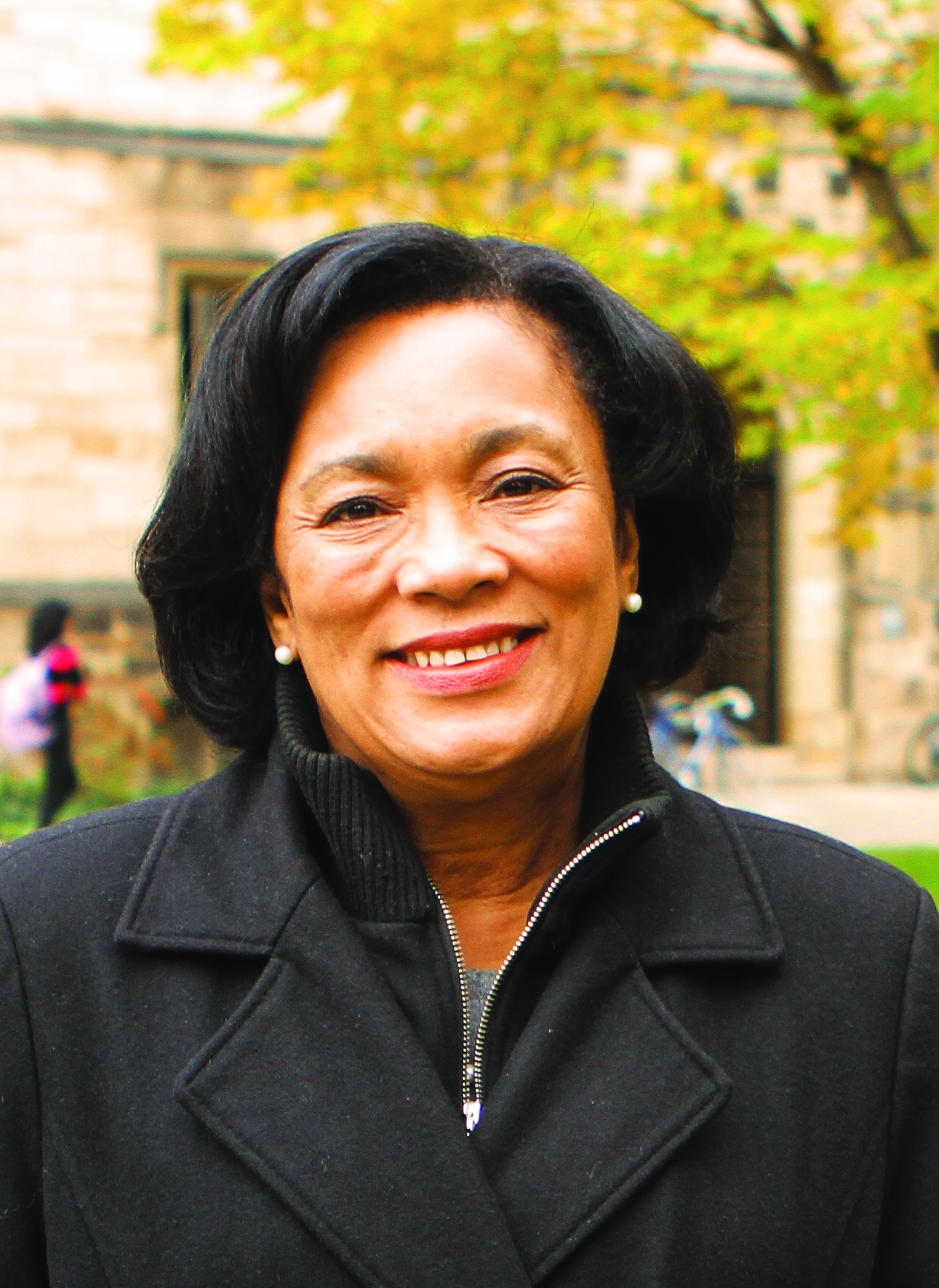
In a Valentine’s-themed letter to New Haven’s Democratic lawmakers, Mayor Toni Harp formally announced that she will run for a fourth consecutive two-year term.
This filing confirms a rematch showdown between her and Justin Elicker FES ’10 SOM ’10 — her fiercest competitor during her first mayoral bid in 2013. Elicker and longtime New Haven activist Wendy Hamilton entered the race in January. Harp’s announcement comes after a tumultuous year in which she has faced significant scrutiny over a wide variety of issues.
“I filed to run for re-election,” Harp wrote. “We have accomplished so much. Hand in hand. We are tackling problems of today, while preparing for a brighter tomorrow. We’ve seen some highs, and we’ve seen lows. But together, we have navigated the troubled waters we had to cross. Because that is love.”
The announcement, for many, is a mere confirmation of what the city’s residents and leaders have long expected. Harp had confirmed to news outlets her intent to run, and Ward 7 Alder Abby Roth ’90 LAW ’94 told the News she was “assuming Mayor Harp would seek re-election, so her announcement today is not a surprise.”
In her announcement, Harp stressed her love for and commitment to the Elm City. She arrived in New Haven to attend graduate school at Yale and has since built a decadeslong career in government.
In 2013, Harp ran for the seat occupied by departing Mayor John DeStefano, who spent 20 years at the helm of the Elm City, and emerged triumphant from a crowded primary field. Harp — who had spent over two decades representing New Haven in the state legislature — defeated, among others, young upstart Elicker who jumped into the race after two terms on the Board of Alders.
New Haven has long been a Democratic stronghold. Currently, all 30 members of the Board of Alders affiliate with the party, and the city’s last Republican mayor served more than half a century ago. Winning the Democratic primary essentially guarantees a win in the general election. In 2013, after Elicker fell to Harp in the primary, he challenged her in the general election — falling short by just 9 percent of the vote.
State Senate President Pro Tempore Len Fasano, who has butted heads with Harp on politics in the past, told the News that he is pleased to see legitimate competition in this cycle’s election for mayor.
“It’s good to have competition in that race,” Fasano, a Republican, told the News in an interview. Because New Haven remains essentially a “one-party town,” Fasano believes that the most heated debate and discussion will come during the primary.
Fasano has criticized how Harp has managed New Haven’s primary issues, and the two have traded back and forth remarks. In 2018, he questioned Harp’s expenditures and asked the state to conduct a financial audit into her office. He has not yet commented on the candidacies of anyone currently in the race.
In her first and second re-election campaigns, Harp cruised to victory without any serious challengers. In 2017, she received 75 percent of the primary vote and handedly won the general election.
With Elicker’s announced campaign, this year’s race is poised to be a rematch — and a referendum on Harp’s leadership. Elicker, who leads the New Haven Land Trust, has called for new blood in the system. As in his first campaign, he will be participating in the Democracy Fund, the city’s public financing system.
Elicker said that he was “disappointed but not surprised” that Harp has said that she will not also use the system, citing its ability to free elected officials from outside influence. Elicker noted that, while New Haven boasts immense potential, the city also faces deep challenges, such as education and financial management.
“It’s time for a change in leadership in the city,” Elicker told the News. “There’s two New Havens. One New Haven is in crisis … I’m very hopeful and optimistic about the future of New Haven as well, if we are able to overcome these challenges that are not being addressed by the current administration.”
In her letter, Harp cited increases in the city’s graduation rate and decreases in crime and closed by asking fellow Democratic leaders throughout the city for their support.
Harp was first elected in 2013.
Angela Xiao | angela.xiao@yale.edu







